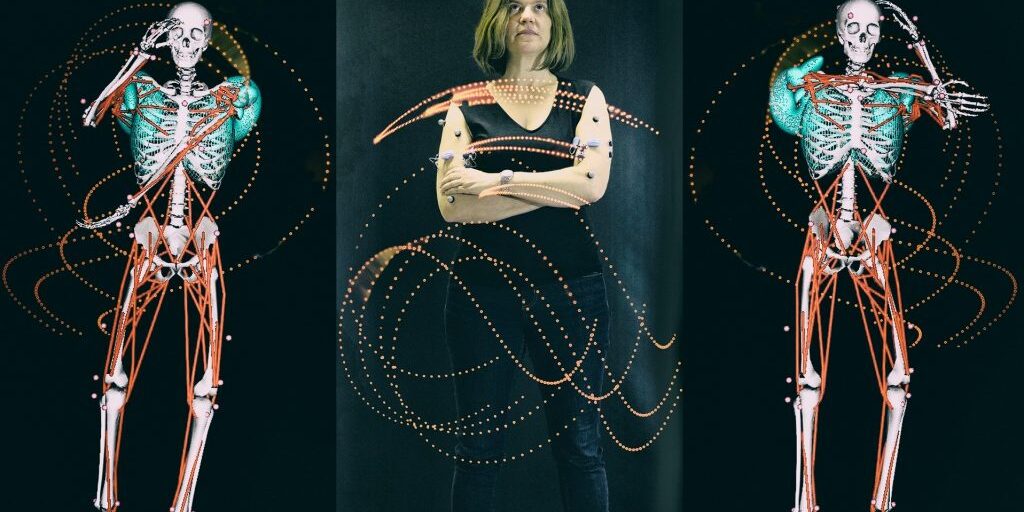The Mobilise-D Consortium is incredibly proud that our own WP2 star academic leader, Professor Claudia Mazzà from the University of Sheffield, is a recipient of the Suffrage Science award, celebrating women in science for their scientific achievements and their ability to inspire others. The Suffrage Science scheme was founded by the Medical Research Council’s London Institute of Medical Sciences in 2011, on the 100th anniversary of International Women’s Day. It aspires to encourage women to enter scientific subjects – and stay. Although women are well represented at the student level, their proportion in STEM (Science, Technology, Engineering, and Mathematics) falls dramatically along the professional ladder. Women who receive the Suffrage Science award are celebrated for their contribution to communicating science and encouraging women to stick with science and reach for the top.
Professor Claudia Mazzà was nominated by 2018 awardee and Mobilise-D partner Professor Anat Mirelman from Tel Aviv Sourasky Medical Centre. In the words of Anat: “… Claudia … embodies the qualities that we want to see in great female scientists: Innovation, professionalism, excellence, and leadership. I have had the great privilege to see Claudia in action as we are collaborating on the Mobilise-D project and Claudia is leading the technical arm of this project. This is a heavily male dominated area, yet Claudia is beautifully steering this group. It is my true honour to hand over this award to such an inspiring scientist.”
Claudia was interviewed by Suffrage Science in advance of receiving the award later this fall: “What we are going to prove with … Mobilise-D is that by just looking at how people move in the real world, you can predict what will happen to them in three years’ time and then after another three years and so on. By more accurately predicting the risk of falling or the rate of disease progression, we can help those in charge of their health in designing the best interventions.”
“Working with all the best people across Europe, we are developing all the algorithms and sensors we need to monitor people with Parkinson’s disease, multiple sclerosis, COPD, heart failure and through hip fracture recovery for three years. It really is something designed to bring us to the next level in the field.”
Read the full interview here if you want to know more about Claudia’s journey from Greek philosophy and literature to bioengineering – or the story behind how Mobilise-D came to be!






